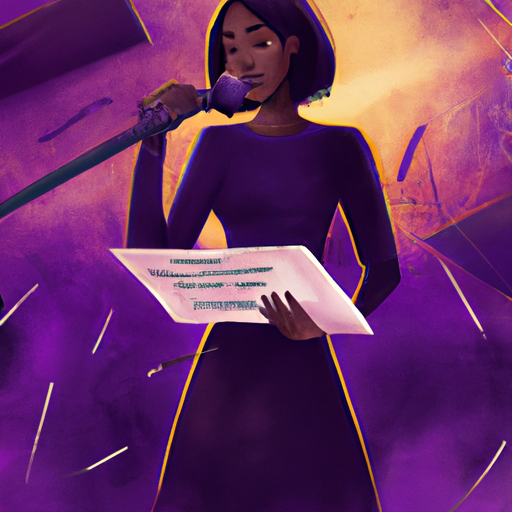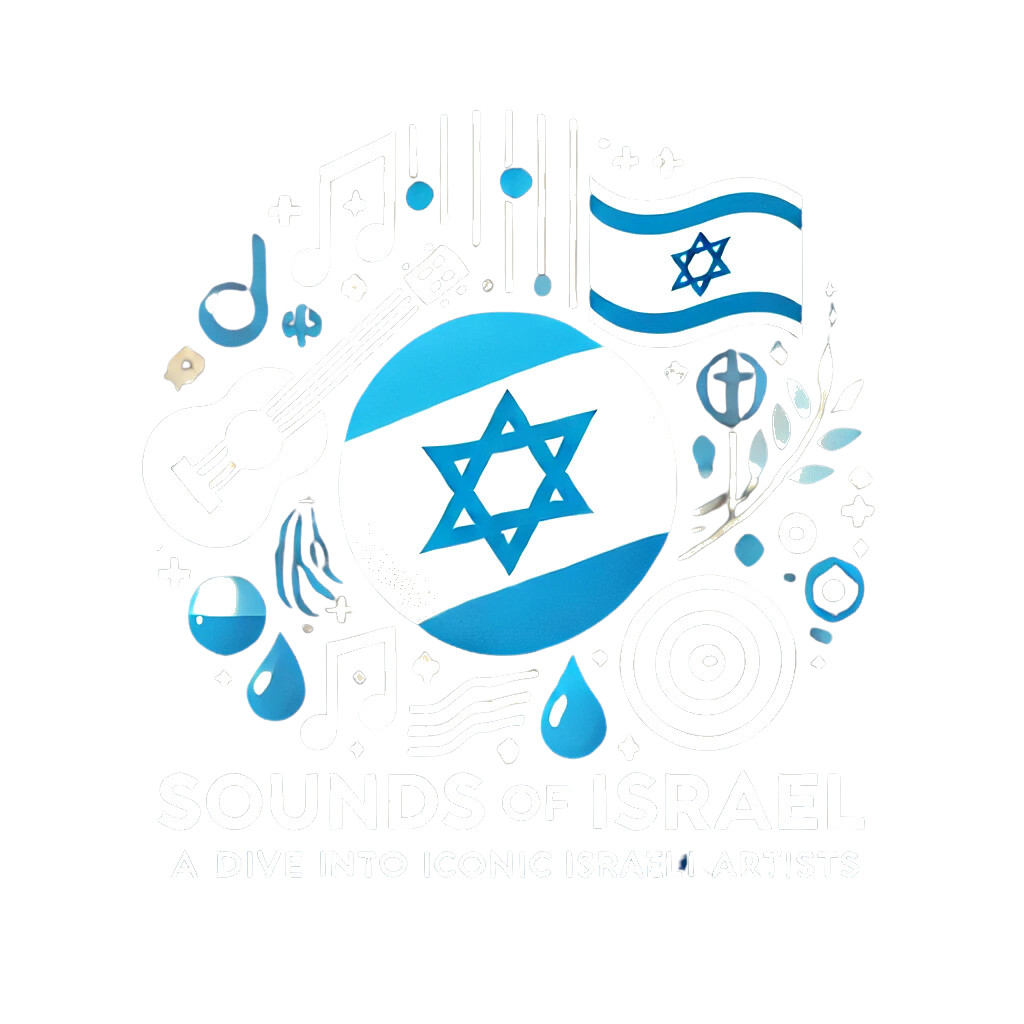Israeli music, a harmonious blend of diverse cultural influences, languages, and traditions, reflects the country’s rich history. This blog post delves into the language and lyrical content of Israeli music, exploring its meaning, influences, and the messages it conveys. We’ll examine the most popular genres, the role of Hebrew and other languages in lyrics, and the societal issues often addressed in Israeli songs.
“Song is the key to cultural understanding”: The Impact of Israeli Music
Israeli music serves as a powerful tool for cultural understanding, offering a unique window into the rich tapestry of Israeli society. From traditional folk melodies to contemporary pop hits, the music of Israel reflects the diverse influences and complex history of the region. Through the lyrics and melodies of Israeli songs, listeners can gain insight into the values, emotions, and experiences of the people. Each song tells a story, encapsulating the joys, struggles, and triumphs of Israeli life. By immersing oneself in Israeli music, one can deepen their appreciation for the nuances of Israeli culture and gain a deeper understanding of society as a whole.

A diverse group of people enjoying an Israeli music festival, showcasing the unity music brings
Hebrew or not? The Role of Language in Israeli Lyrics
Hebrew or not? The Role of Language in Israeli Lyrics:
Language plays a crucial role in Israeli music, with Hebrew being the primary language used in many songs to convey the authentic Israeli experience. Hebrew, as the official language of Israel, holds a special significance in the country’s music scene, serving as a unifying force that transcends cultural divides. However, Israeli music is not limited to Hebrew alone, with artists often incorporating Arabic, English, and other languages into their lyrics to reflect the diverse cultural landscape of the country. This linguistic diversity adds depth and complexity to Israeli music, allowing artists to express a broader range of emotions and perspectives. By embracing multiple languages in their lyrics, Israeli musicians showcase the multicultural essence of the nation and promote unity through the universal language of music.
Why do Israeli songs often address societal issues?
Israeli songs often address societal issues for various reasons, reflecting the country’s complex history, cultural diversity, and political landscape. Through music, artists have a platform to raise awareness, provoke thought, and spark conversations about pressing social issues that impact Israeli society. This trend of addressing societal issues in Israeli songs can be attributed to the following factors:
- 1. Historical Legacy:
Israel’s tumultuous history, marked by conflicts, wars, and social struggles, has deeply influenced its music scene. Israeli artists often draw inspiration from historical events, such as the Holocaust, the Israeli-Palestinian conflict, and the struggle for peace, incorporating these themes into their lyrics as a way to commemorate the past and advocate for a better future. - 2. Cultural Identity:
Music serves as a powerful medium for expressing cultural identity and values, making it a natural avenue for addressing societal issues in Israel. Many Israeli songs explore themes related to Jewish heritage, Israeli identity, and the country’s connection to the land, reflecting the deep-rooted cultural pride and sense of belonging among the Israeli population.

An Israeli singer performing on stage, with lyrics addressing societal issues projected in the background
From Folk to Pop: The Evolution of Israeli Music Genres
From Folk to Pop: The Evolution of Israeli Music Genres:
Israeli music has undergone a significant evolution over the years, transitioning from traditional folk melodies to modern pop sounds that reflect global influences and trends. The roots of Israeli music can be traced back to the country’s early pioneering days, where folk music played a central role in shaping the cultural identity of the nation. In the 1960s and 1970s, Israeli folk music experienced a revival, with artists like Naomi Shemer and Arik Einstein popularizing the genre and incorporating elements of Israeli folklore into their songs.
As Israel became more connected to the global music scene, the influence of Western pop and rock music began to seep into the local music scene, leading to the emergence of new genres and styles. The 1980s and 1990s saw a rise in Israeli pop music, with artists like Ofra Haza and Sarit Hadad blending traditional Middle Eastern sounds with modern pop beats, creating a unique fusion that resonated with audiences both in Israel and abroad.
Israeli music, with its unique fusion of languages and influences, is a mirror to the nation’s heart and soul. It carries significant meaning and messages, often speaking on societal issues, and beautifully represents Israel’s diverse cultural landscape. Despite the diversity, the common thread in Israeli music is its ability to unite people across different backgrounds and beliefs, and it continues to evolve while staying true to its roots.
